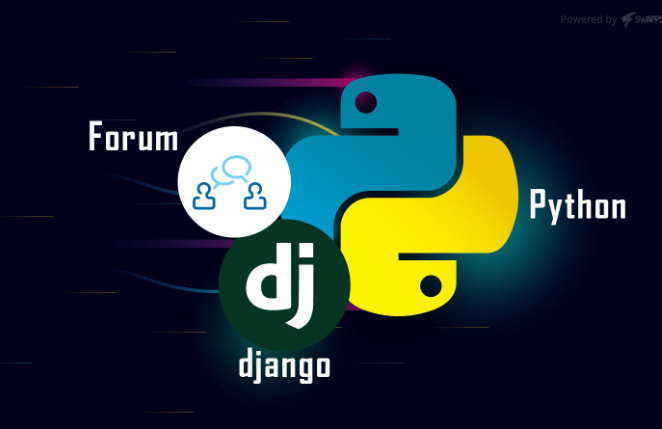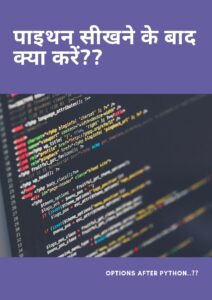Building a forum application with Django can be a great way to engage users, foster discussions, and facilitate community interactions. Here’s a high-level overview of the steps involved in building a forum application using Django:
- Set up a new Django project:
- Create a new Django project using the
django-admin startprojectcommand. - This will create the basic project structure and configuration files.
- Create a new Django app for the forum:
- Use the
python manage.py startappcommand to create a new Django app specifically for the forum functionality. - This app will contain models, views, templates, and other components related to the forum.
- Define the models:
- Design the data models for your forum application. Some common models may include User, Category, Topic, Post, Comment, etc.
- Define the relationships between these models using Django’s field types and model relationships.
- Implement the views and templates:
- Create views for displaying forum categories, topics, posts, and user profiles.
- Design HTML templates for rendering the forum pages.
- Utilize Django’s template language to dynamically render data from the models and present it to users.
- Implement the user authentication system:
- Utilize Django’s built-in authentication system to handle user registration, login, and logout.
- Implement views and templates for user registration and login pages.
- Secure certain forum functionalities by ensuring that only authenticated users can create topics, post comments, etc.
- Implement forum functionality:
- Create views and forms for creating new topics, posting comments, replying to posts, etc.
- Handle form submissions, validate user input, and save data to the database using Django’s form handling and model APIs.
- Add features and enhancements:
- Consider additional features such as user notifications, search functionality, user profiles, voting, and moderation tools.
- Implement these features using Django’s built-in functionalities or integrate with third-party packages.
- Handle security considerations:
- Implement appropriate security measures such as input validation, user authorization, and protection against cross-site scripting (XSS) and cross-site request forgery (CSRF) attacks.
- Ensure that sensitive user data is handled securely, and user passwords are stored using strong encryption.
- Test and deploy:
- Thoroughly test your forum application to ensure its functionality and usability.
- Deploy your Django application to a production environment, considering factors such as hosting, database configuration, and server setup.
- Iterate and improve:
- Gather feedback from users and continuously enhance your forum application based on their needs and preferences.
- Monitor performance, address any issues or bugs, and consider performance optimizations as your user base grows.
Building a forum application with Django can be an iterative process, and you can enhance it over time based on user feedback and evolving requirements. Remember to follow Django’s best practices, adhere to security guidelines, and utilize Django’s built-in features and third-party packages when appropriate.
Additionally, explore Django’s rich ecosystem and consider integrating additional functionalities such as user authentication with social logins, real-time notifications using WebSockets, or integrating with APIs for features like file uploads or embedded media.
Good luck with building your Django forum application!




